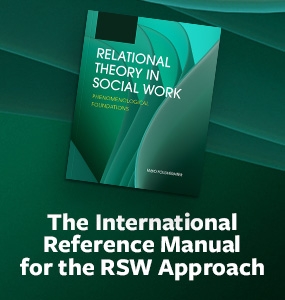Exploring older Nepalese British Gurkha wives’ perspectives on active ageing in the United Kingdom
Smarika KC, Janet Walker
Different communities have a varied perspective of well-being and ageing well. Active ageing may not be recognised uniformly by everyone due gender inequalities, cultural differences, social marginality, cumulative disadvantages and unequal access to information, services, and resources throughout the life-course. This study seeks to understand older Nepalese British Gurkha Wives’ perspectives on active ageing based on in-depth narrative interviews. It explores how they give meaning to ageing actively by drawing on the World Health Organisation’s active ageing determinants framework and scrutinizing its cross-cutting determinants which are gender and culture. The empirical findings show that these older women give more emphasis to the social determinants and regard social support, participation, living with dignity, being free from discrimination and practicing spirituality as ways of ageing actively. The article informs gerontological social work to consider about ethnic minority older women’s life situations, lived experiences, intersectional identities and needs that may not necessarily resonate with the dominant narratives. It acknowledges the heterogenous perspectives on the concept of active ageing and highlights that social work needs to support ethnic minority older women in a way where their strengths, good practices and preferences are sustained to promote participation and well-being.
Keywords
Active ageing, British Gurkha, ethnic minority older women.




